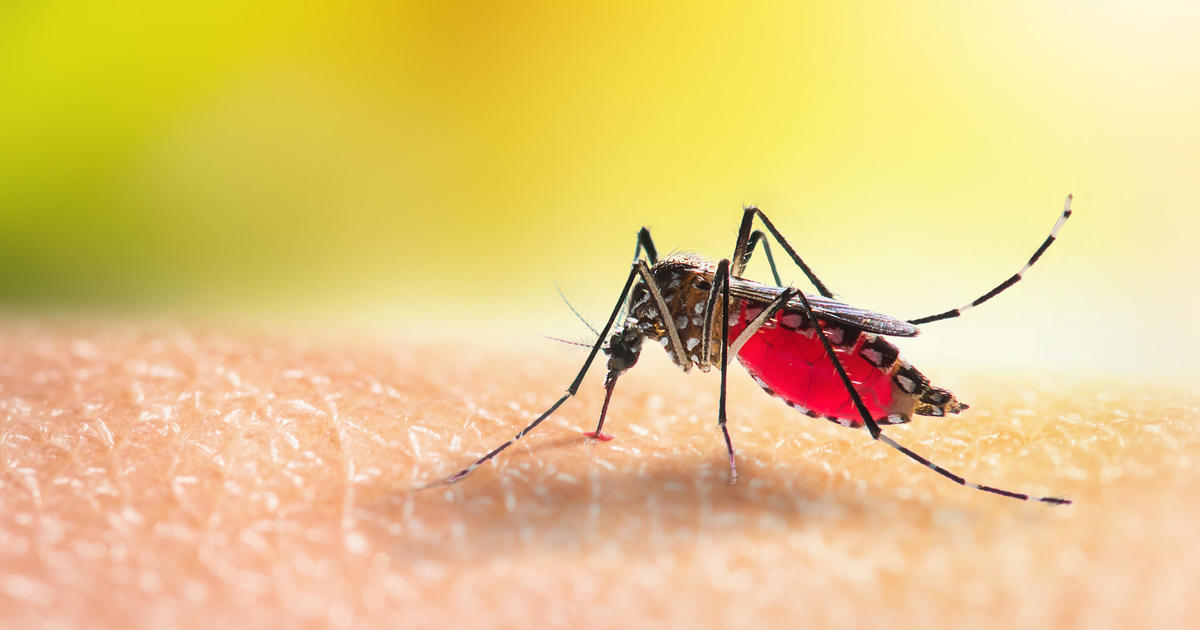How To Combat Tick And Mosquito-Borne Illnesses
ST. PAUL, Minnesota (WCCO) -- People eager to get outdoors and enjoy the weather will want to protect their skin.
A new report shows disease cases involving bug bites have tripled since 2004.
The Centers for Disease Control and Prevention reports there were 27,388 disease cases from infected mosquitoes, ticks and fleas in 2004.
In 2016, there were 96,075 reported cases.
Since 2004, the CDC report also noted the discovery of nine new germs spread by mosquitoes and ticks.
The call of the outdoors has people like Mike Back eager to get moving. He was out for a walk Tuesday around Langton Lake in Roseville.
"If we do hike or walk, it's always on a trail type of thing," Beck said.
That is precisely the path insect abatement experts prefer people take.
"Try to stay away from the underbrush because that's where those ticks are going to hang out," said Mike McLean, public information manager with the Metropolitan Mosquito Control District. "Minnesota and Wisconsin, that's kind of the bullseye for Lyme disease and the growth of cases here in North America."
Beck said he has friends who have contracted Lyme disease, so being aware of how it can be contracted is always in the back of his mind.
But experts like McLean also want people to focus on how to prevent a disease-filled insect bite.
He said people can start by making sure items around their home, such as buckets or tires, are not filled with standing water.
"The sort of mosquitos that have gotten good at living in the junk we leave laying around, they're the kind of mosquito that have a good chance of giving you a disease," he said.
One of the most common types of insect repellent includes the chemical DEET, which you can spray directly onto your skin with it lasting several hours.
But McLean also suggest people use insect repellent with the chemical permethrin. It is not meant to be sprayed onto skin, only clothing and gear. It can last several weeks, even though several loads of laundry.
But all the sprays, scents and chemicals on the shelf in the camping section of a sporting goods store still might not be enough.
"The number-one thing you can do about ticks is just check yourself real carefully after you've been in the woods. Get rid of those ticks as quickly as you can," McLean said.
He added that a tick needs to be on your skin for more than a day for Lyme disease to be transmitted, which is why immediately removing a tick is important.



